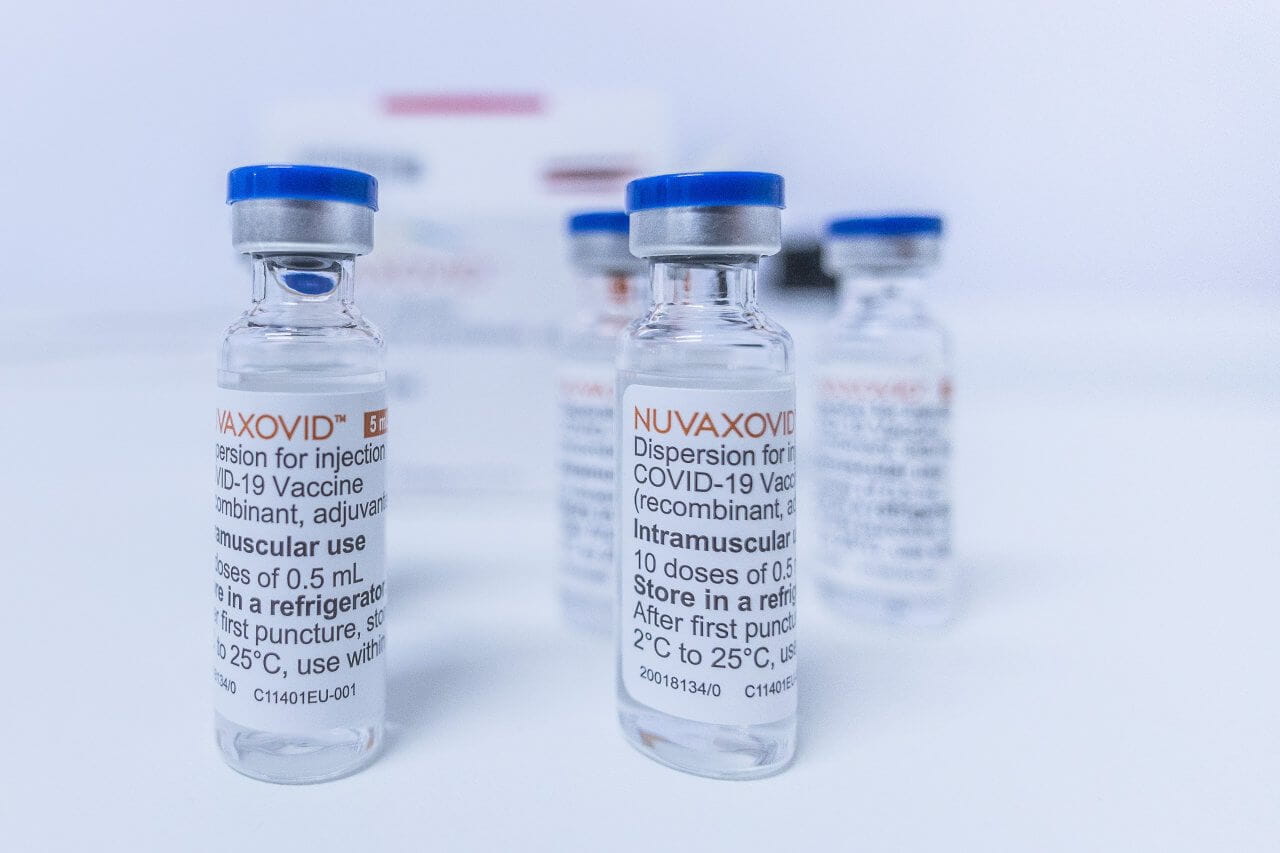Vaccine Fears + Social Media = Many Misconceptions

The COVID-19 pandemic has shaken people in the U.S. and around the world. Knowing that millions of people worldwide have died as a result of contracting the virus and that millions more have had their health, livelihood and relationships impacted by the virus is truly unsettling.
Fortunately, there are now safe and effective vaccines available that can bring the pandemic to an end. But many people fear that these vaccines may actually harm them—a misconception that’s circulated and amplified on social media. While getting vaccinated is a personal choice, the more people who choose not to do so, the longer the virus will continue to spread.
Stay informed! Subscribe to our email newsletter to get the health and wellness information that matter most delivered straight to your inbox.
Addressing Confusion About COVID-19 Vaccines
If you have friends or family who’ve read or shared false information about COVID-19 vaccines, you may be wondering how to convince them that what they’re hearing on social media is incorrect.
Experts caution that a one-time conversation in which you attempt to “set them straight” is unlikely to be helpful. Instead, they say a respectful, two-way dialogue is the best approach.
They also recommend addressing your loved ones’ concerns about the vaccines individually and over a period of time that allows them to process the information you’ve shared.
Some of the more common misconceptions and the facts on those topics are listed below.
Misconception: “People who get the virus have a 99% survival rate, so odds are I won’t be affected.”
Fact: While most people who contract COVID-19 will survive, the statement above neglects the fact that many people who get sick will have long-term complications that are often referred to as “long COVID.” These include lingering shortness of breath, fatigue, headaches, confusion and joint pain.
Misconception: “The development of the vaccines was rushed and therefore they aren’t safe.”
Fact: Our understanding of viruses similar to COVID-19 goes back more than a decade, so we already had a rough “blueprint” for the vaccines that have been developed. Testing of the various COVID-19 vaccines on large numbers of volunteers has been careful, thorough and fully documented, and researchers continue to closely monitor the situation as the vaccines are rolled out to the general public.
Misconception: “Some of the vaccines involve injecting cell RNA into the body. I don’t want my genetic material altered.”
Fact: The use of messenger RNA (or mRNA) has been thoroughly researched and proven to be safe. It’s simply a new way to prompt the immune system to develop protection against a particular virus—COVID-19 in this case. The mRNA is nothing more than a set of “instructions” that the body reads and reacts to. The substance never enters the nucleus of the body’s cells, which is where the genetic material called DNA is stored.
Misconception: “The vaccines can cause terrible side effects.”
Fact: Like any inoculation, the COVID-19 vaccines can prompt an immune response. But in the vast majority of cases, they’re mild. And these side effects—soreness at the injection site, low-grade fever, joint and muscle pain, fatigue and headache—aren’t a sign that something’s “wrong” in the body. They’re an indicator that the immune system is activating as it should.
Medical Professionals: Informed and Eager to Be Vaccinated
It’s understandable to have questions about anything that can affect your health. To get answers to those questions, you should look to healthcare providers, who have access to the latest data and the experiences of their peers. And when it comes to COVID-19 and getting vaccinated, medical professionals will tell you that they’re eager to get their shot to protect themselves, their patients and their communities.
More Questions About COVID-19 and the Vaccine?
If you’d like to learn more about COVID-19 and the vaccines that have been approved by the FDA, visit the Baptist Health COVID-19 Resources page. More information about available vaccines can also be found at the CDC.
Next Steps and Useful Resources:
Fact or Fiction: COVID-19 Myths
How to Manage COVID-19 Anxiety
Helping Kids Deal with Pandemic Anxiety
Use our COVID-19 Symptom Checker



